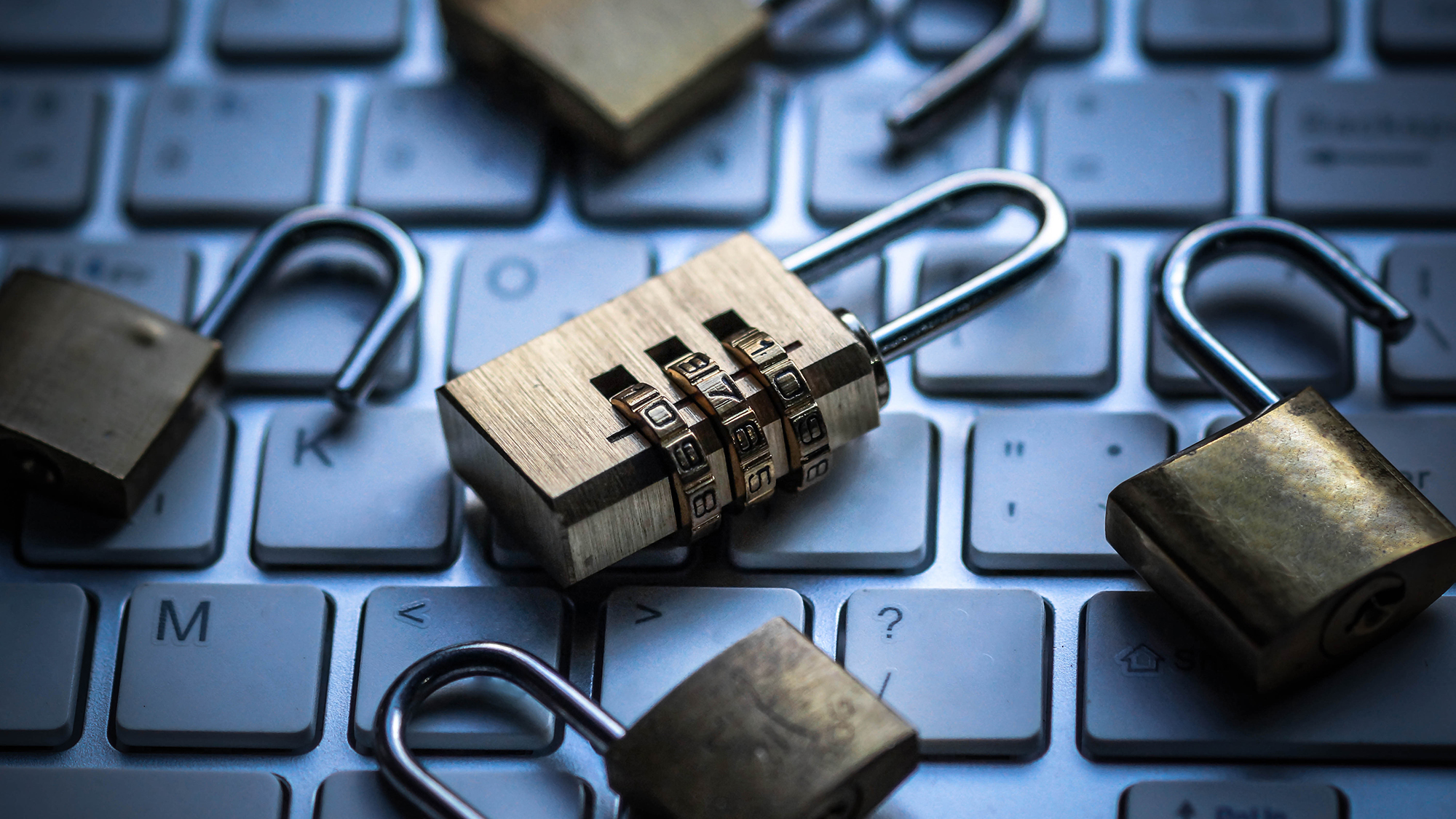Senators propose a bill aimed at ending warrant-proof encryption
Senators claim the bill would strengthen national security

Sign up today and you will receive a free copy of our Future Focus 2025 report - the leading guidance on AI, cybersecurity and other IT challenges as per 700+ senior executives
You are now subscribed
Your newsletter sign-up was successful
Senate Judiciary Committee Chairman Lindsey Graham (R-SC) and US Senators Tom Cotton (R-AR) and Marsha Blackburn (R-TN) introduced the Lawful Access to Encrypted Data Act on Tuesday.
The bill seeks to strengthen national security interests and "better protect communities across the country" by ending "warrant-proof" encrypted technology used by terrorists and threat actors.
Law enforcement agencies have sought to dismantle strong encryption methods, such as end-to-end messaging encryption, on-device encryption and other forms of personal data security, for some time to help streamline investigations.
Tech companies, however, have argued that weakening encryption and data privacy could leave users vulnerable to attack.
If enacted, the Lawful Access to Encrypted Data Act would force tech companies to assist law enforcement agencies in accessing encrypted data.
“Tech companies’ increasing reliance on encryption has turned their platforms into a new, lawless playground of criminal activity,” Cotton stated. “This bill will ensure law enforcement can access encrypted material with a warrant based on probable cause and help put an end to the Wild West of crime on the Internet.”
“User privacy and public safety can and should work in tandem. What we have learned is that in the absence of a lawful warrant application process, terrorists, drug traffickers and child predators will exploit encrypted communications to run their operations,” added Blackburn.
Sign up today and you will receive a free copy of our Future Focus 2025 report - the leading guidance on AI, cybersecurity and other IT challenges as per 700+ senior executives
The Lawful Access to Encrypted Data Act also allows the attorney general to hold competitions for anyone who can access encrypted data while protecting privacy and security. The creation of a grant program meant to increase digital evidence training for law enforcement is included in the bill too.
Facebook responded to the proposed bill, stating weakening encryption within apps would make users more vulnerable.
"End-to-end encryption is a necessity in modern life -- it protects billions of messages sent every day on many apps and services, especially in times like these when we can't be together," Facebook explained in a statement.
"Rolling back this vital protection will make us all less safe, not more. We are committed to continuing to work with law enforcement and fighting abuse while preserving the ability for all Americans to communicate privately and securely."
-
 ITPro Best of Show NAB 2026 awards now open for entries
ITPro Best of Show NAB 2026 awards now open for entriesThe awards are a fantastic opportunity for companies to stand out at one of the industry's most attended shows
-
 Mistral CEO Arthur Mensch thinks 50% of SaaS solutions could be supplanted by AI
Mistral CEO Arthur Mensch thinks 50% of SaaS solutions could be supplanted by AINews Mensch’s comments come amidst rising concerns about the impact of AI on traditional software